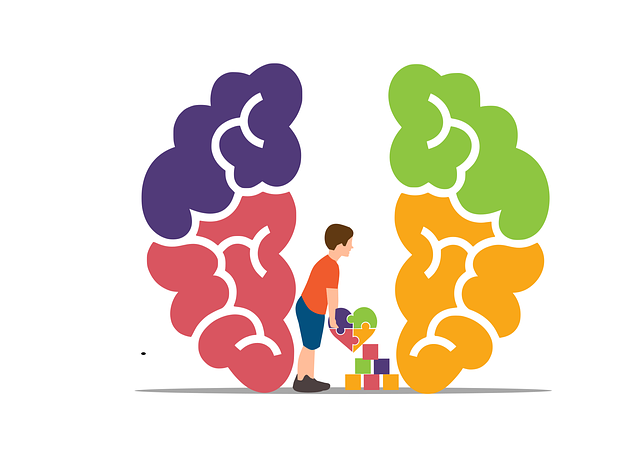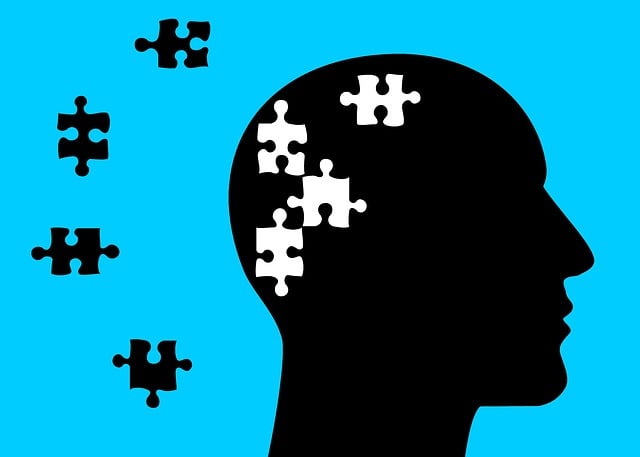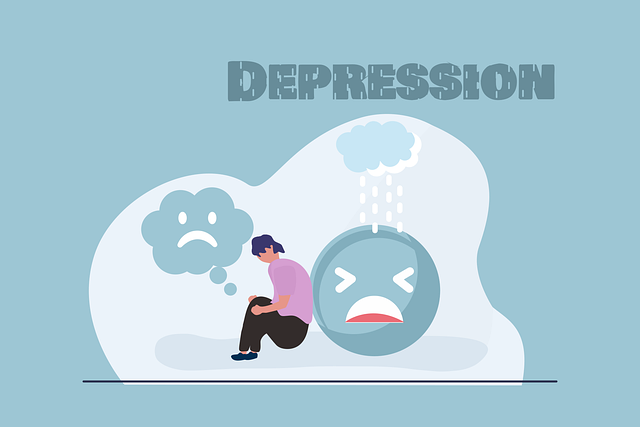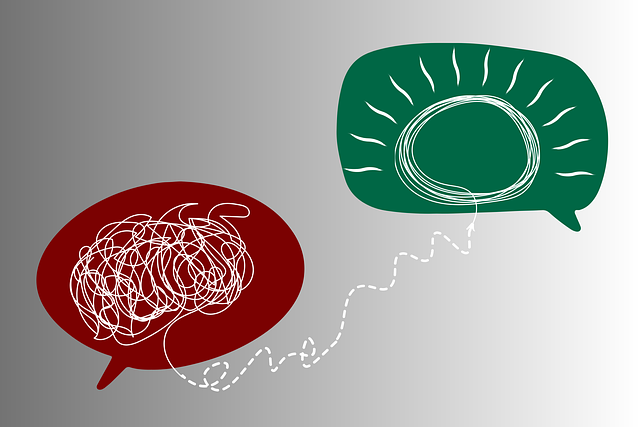Mental health issues among Parker young adults (18-25) are rising due to various pressures. Early intervention through programs like Parker Young Adults Therapy (PYAT), which offers tailored education, evidence-based practices, and support networks, can prevent burnout and conflict. PYAT's proven success, shown through improved well-being and mental health outcomes, is enhanced by its Community Outreach Program, aiming to build healthier communities.
Mental health issues among young adults have become a pressing concern, underscoring the need for comprehensive education programs. This article explores the design of an innovative initiative, the Parker Young Adults Therapy Program, focusing on strategies to empower this demographic. We delve into understanding prevalent mental health challenges unique to young adults and outline key components essential for effective education. Additionally, we detail the implementation and evaluation of the Parker program, serving as a model for accessible and impactful mental health support.
- Understanding Mental Health Issues Among Young Adults
- Key Components of an Effective Education Program
- Implementing and Evaluating the Parker Young Adults Therapy Program
Understanding Mental Health Issues Among Young Adults

Mental health issues among young adults, aged 18-25, are a growing concern in today’s fast-paced world. This demographic often faces unique challenges that can contribute to various mental health disorders, such as anxiety, depression, and burnout. Many factors influence their well-being, including academic pressures, career aspirations, financial strains, and social expectations. Given the heightened vulnerability of this age group, early intervention and education are paramount in fostering resilience and promoting positive mental health.
Comprehending the specific struggles faced by Parker young adults is essential. They often navigate a complex landscape of transitioning from adolescence to adulthood, while also dealing with mounting academic and professional demands. The rapid pace of life, coupled with limited access to adequate therapy or support networks, can exacerbate existing mental health concerns. As such, designing comprehensive education programs that target these issues is crucial. Incorporating evidence-based stress reduction methods, burnout prevention strategies for healthcare providers, and conflict resolution techniques can empower young adults to better manage their mental well-being.
Key Components of an Effective Education Program

An effective mental health education program, like that offered by Parker Young Adults Therapy, should incorporate several key components to ensure its success. Firstly, a comprehensive risk assessment for all participants is essential. This not only identifies individuals who may be at higher risk but also allows for tailored interventions and support services, such as trauma-focused care, to address their unique needs. A well-rounded curriculum that includes both theoretical knowledge and practical skills training is another critical element.
Additionally, integrating self-care practices into the program is vital for fostering resilience among participants. Teaching healthy coping mechanisms, stress management techniques, and emotional regulation strategies empowers individuals to navigate mental health challenges proactively. Moreover, providing ongoing support through peer discussions, mentor guidance, and access to trauma support services creates a safe space where learning can be applied and personal growth encouraged.
Implementing and Evaluating the Parker Young Adults Therapy Program

The Parker Young Adults Therapy (PYAT) program serves as a shining example of effective mental health education and intervention. Implemented with a focus on resilience building and coping skills development, PYAT targets young adults facing various psychological challenges. Through structured therapy sessions, the program equips participants with tools to navigate life’s stresses and adversity, fostering personal growth and emotional well-being.
Evaluating PYAT reveals its profound impact. The program’s success is measurable through participant feedback, improved mental health outcomes, and increased community engagement. Integrating a Community Outreach Program Implementation strategy, PYAT extends its reach beyond individual therapy, creating support networks within local communities. This holistic approach ensures that the benefits of the program are not confined to individuals but contribute to a healthier, more resilient society as a whole.
Mental health education programs, such as the Parker Young Adults Therapy initiative, play a pivotal role in equipping young adults with the knowledge and skills to navigate their mental well-being. By integrating evidence-based practices and personalized approaches, these programs can significantly impact positive outcomes. The case study of the Parker program demonstrates that targeted interventions, coupled with ongoing evaluation, foster resilience and promote healthy coping strategies among this vulnerable demographic. Effective education goes beyond awareness; it empowers individuals to actively manage their mental health, ensuring a brighter and more resilient future for young adults globally.














